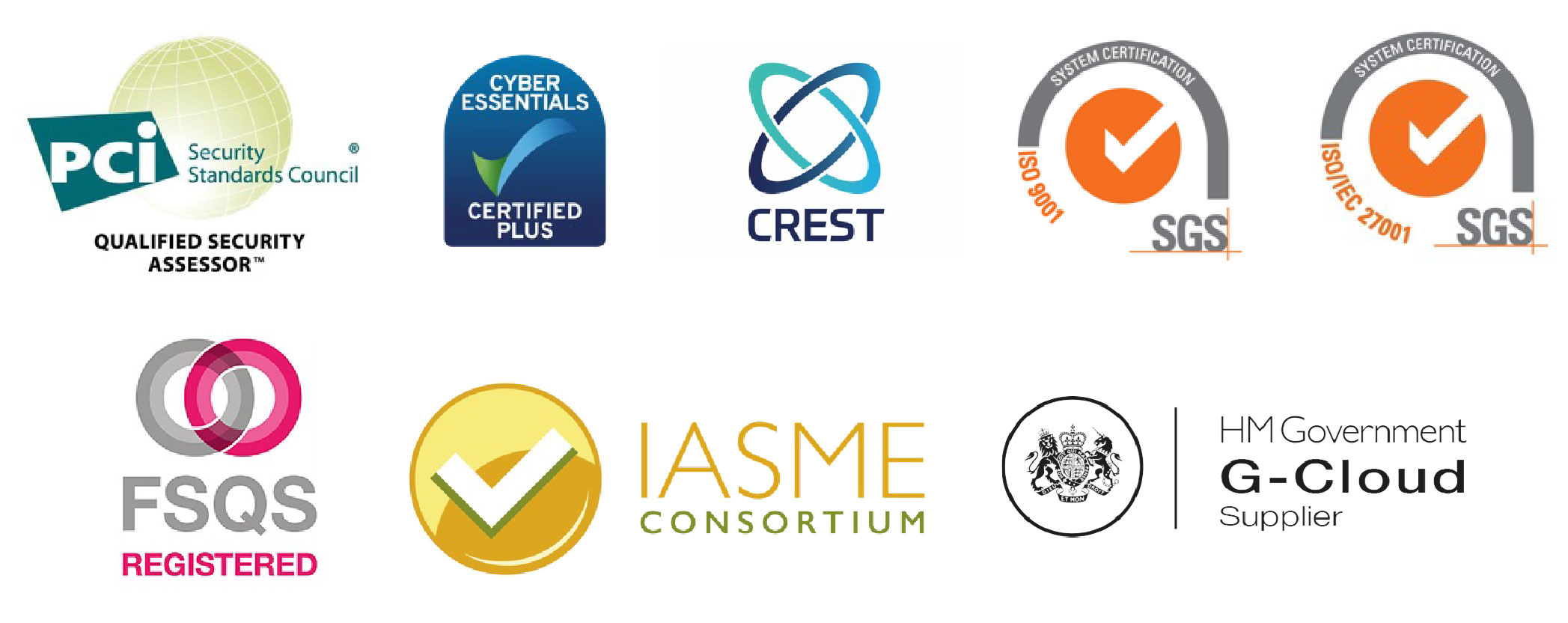WHY YOU SHOULD BE CARRYING OUT PENETRATION TESTING
Vulnerability Detection
By proactively identifying and addressing security vulnerabilities, you can thwart malicious actors before they can exploit them.
Compliance
Penetration is essential for adhering to external standards such as PCI DSS and ISO 27001, which require that you adhere to regular testing to meet the standard.
Risk mitigation
Helps you to understand risks, allocate resources to address vulnerabilities, and safeguard your assets and reputation.
Cost-Efficiency
Identifies flaws early, sparing financial losses compared to breaches, operational disruptions, and legal implications.
PENETRATION TESTING SERVICES
Daisy’s comprehensive penetration testing services encompass not only thorough technical assessments of your infrastructure and software but also strategic social engineering evaluations. By integrating both technical and human-factor testing, we ensure a holistic security analysis, identifying vulnerabilities that could be exploited by cybercriminals. This multi-faceted approach is vital in fortifying your defences, safeguarding sensitive data, and maintaining robust security posture in an increasingly sophisticated threat landscape.
Infrastructure Testing:
- Internal and external network infrastructure
- Device build reviews (e.g. workstations, servers, laptops, mobile devices)
- Security device configuration reviews (e.g. firewall, VPN)
- Cloud configuration reviews (e.g. Azure, AWS, M365)
- Breakout testing (e.g. Citrix, RDS)
Application & API Testing
- Web applications
- Mobile applications
- Local applications
- APIs
IoT
Social Engineering
Red/blue/purple teaming
WHY DAISY?
- We are a CREST Member Company, demonstrating a recognised level of expertise and professionalism in our security and penetration testing
- We have certified penetration testers holding a variety of industry certifications such as Cyber Scheme Team Leader (CSTL) and Offensive Security Certified Professional (OSCP)
- We have identified and responsibly disclosed previously unknown security flaws in third-party products, earning official CVE identifiers
Our Accreditations

Resources





